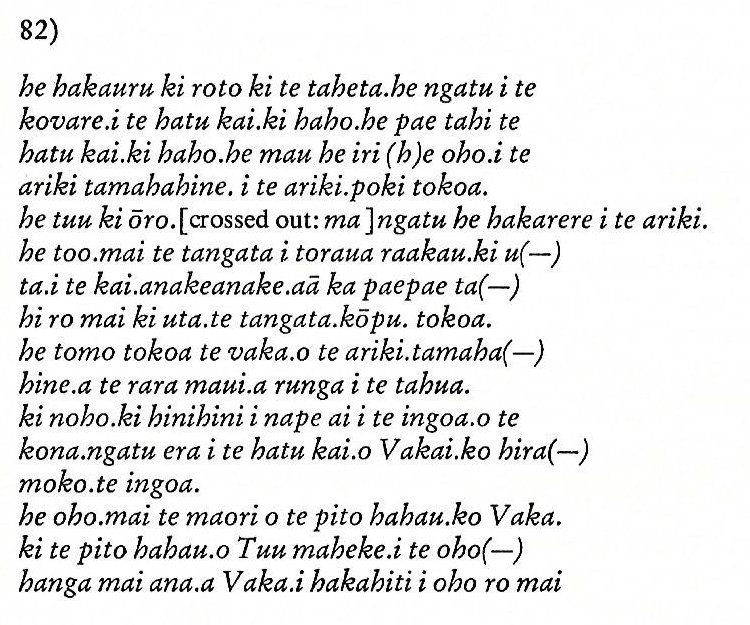
|
E:80 |
| koia ko hakamanamana
mai i te hakanononga |
He worked mana in the
fishing grounds. |
|
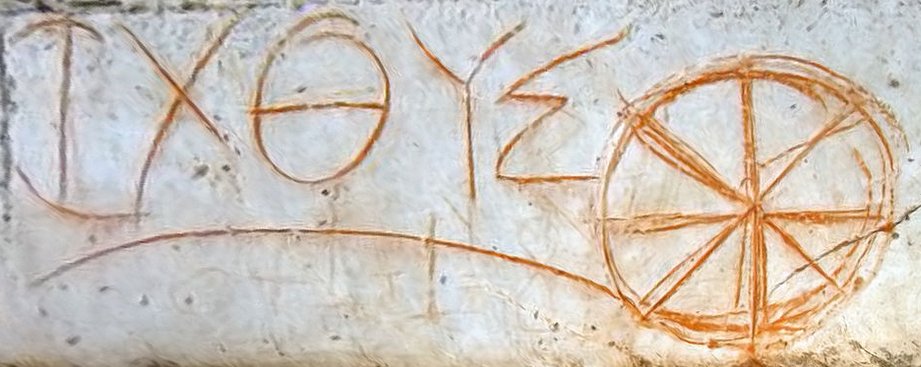 |
| (three [empty?] lines
crossed out) |
[Similar to the 3 days
between Polaris (*26) and Hamal (*30).] |
|
...
For three days all household fires remained extinct
as a preparation for the solemn renewal of the fire,
which took place on the fifth or sixth day after the
winter solstice ...
... Väinämöinen set about building a boat, but when
it came to the prow and the stern, he found he
needed three words in his rune that he did not know,
however he sought for them ... |
| i tuu mai era te
miro.o Hotu.ki taharoa.he
topa te haa(-) |
When Hotu's
canoe had reached Taharoa, the vaginal fluid (of
Hotu's pregnant wife) appeared.
They sailed toward Hanga Hoonu, where the mucus (kovare
seems to refer to the amniotic sac in this case)
appeared
They sailed on and came to Rangi Meamea, where the
amniotic fluid ran out and the contractions began. |
|
haa roroa.he oho.mai ki
hanga hoonu.he |
|
topa te kovare.he
oho.mai he tuu ki rangi |
|
meamea.he pakakina te ranu.he au te tua |
|
toto.o te poki.he
hoa te aka i mua i te hanga. |
|
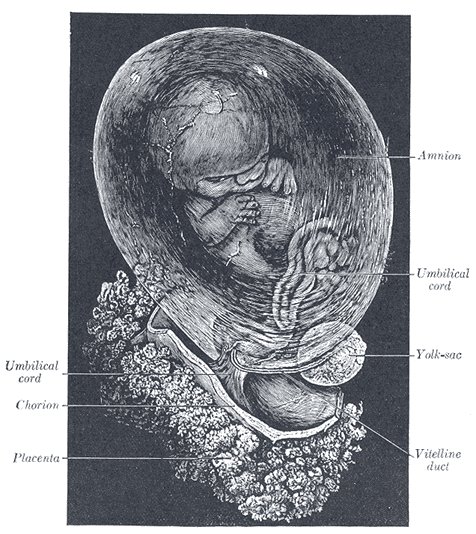
Hoa. 1. Master, owner; tagata
hoa papaku, owner or relative of a dead; hoa
manu, 'bird master', that is, he who received
the first egg at the annual festivals in Orongo;
he to'o mai e te hoa manu i te mamari ki toona
rima, he ma'u, he hoko, the 'bird master'
receives the egg in his hand and carries it,
dancing. 2.Friend, companion: e ga hoa ê!
3. To cast away, to throw away, to
abandon, perhaps also to expel. 4. To
confess a sin; he hoa i te ta'u: term used of
a category of rongorongo boards (see ta'u).
Vanaga. 1. Friend; repa hoa, friend
(male), comrade, companion, fellow; to confide;
repa hoa titika, faithful friend; garu hoa,
friend (either sex); uha hoa, friend
(female); hoa kona, native T. 2. To abandon,
to debark, to cast, to launch, to anchor, to let go,
to give up, to reject, to repudiate, to suppress, to
cut off, to jerk out, to proscribe, to reprove;
hoahoa, to upset, to destroy. Churchill.
Aka. 1. Anchor: he-hoa te aka, to
drop anchor. 2. Root of certain plants (banana tree,
taro, sugar-cane). 3. To be paralyzed by surprise.
Vanaga. 1. Root; aka totoro, to take root. P
Pau., Mq.: aka, root. Ta.: aa, id. 2.
(āka)
anchor. 3. Causative (haka).
Churchill. |
|
i
hanga rau.he tuu tokoa atu te miro.o |
They anchored [he
hoa te aka] the canoe in front of the bay, in
Hanga Rau. |
|
Ava rei pua.he hoa
tokoa i te aka. |
The canoe of Ava Rei
Pua also arrived and anchored [he hoa tokoa i te
aka]. |
|
i hoa era te aka.o te
miro o hotu.he topa te |
After
Hotu's canoe had anchored [i hoa era te aka.o te
miro o Hotu], the child of Vakai and Hotu
appeared [he topa te poki.ki haho]. It was
Tuu Maheke, son of Hotu, a boy [tamaaroa]. |
|
poki.ki haho.a Vakai.a
Hotu.ko Tuu |
|
maheke.e a
Hotu.tamaaroa. |
|
Topa. 1. To
bend down, to drop to the ground; to fall on a
certain date. 2. To stop doing something, to drop;
ina ekó topa taau aga, do not stop, keep
doing your work. 3. To remain, to be left over, to
be unfinished; he topa te kai, the food is
not finished, there is some left. 4. To come to
one's memory; i te aamu he topa te vânaga tûai,
in the legends old words come to memory. 5. To
remember, to reflect (with mana'u as
subject); e-topa rivariva tokorua mana'u ki te
me'e nei, let the two of you think carefully
about this thing. Vanaga. 1. Wine; topa tahaga,
id. 2. To fall in drops, to descend, to go down, to
abdicate; topa iho, to fall; hakatopa,
to knock down, to cause to fall; hakatopa ki raro,
to knock down, to subjugate. 3. Childbirth,
abortion; topa te poki, to lie in. 4. A
feast, to feast. 5. To arrive, to result; topa
rae, newcome; topa iho, to come
unexpectedly; topa ke, to deviate; topa no
mai, topa hakanaa, topa tahaga,
mau topa pu, unexpected; topa okotahi,
solitary; hakatotopa, to excite, to foment.
6. Bad, low, cheap, failure; igoa topa,
nickname; ariga topa, sinister, sly,
ill-tempered, to hang the head; hakatopa, to
disparage; hakatotopa, irresolute. 7. (Of
upward movement) topa ki raro, to scale, to
surpass; hakatopa ki te ao, to confer a
dignity; hakatopa ki te kahu, to spread a
sail; hakatotopa, to make a genealogy.
Churchill.
Haho. Outside. Vanaga. Hahoa (ha
causative, hoa) to cut, to wound, to hurt. PS
Mgv.: tahoa, to make papyrus by beating. Sa.:
foa, to chip, to break. To.: foa, to
crack, to make an opening. Fu.: foa, to dig,
the rent in a mat. Underlying the Nuclear Polynesian
significations the primal sense seems to be that of
a hole. The Rapanui, a causative, is a clear
derivative in the cutting sense; wound and hurt are
secondary withing this language. The Mangarevan
composite means 'to beat until holes appear', which
is a distinctive character of the beaten bast of the
paper mulberry in the condition in which it is ready
for employment in making tapa. Churchill. |
|
E:81 → June 10 |
| i tuu tokoa atu
era.te miro o Ava rei pua.i hoa |
After the
canoe of Ava Rei Pua had also arrived and anchored,
the child of Ava Rei Pua was born [he topa te
poki a Ava rei pua.].
It was a girl named Ava Rei Pua Poki. |
|
tokoa era.i te
aka.he topa te poki a Ava rei pua. |
| tamahahine.ko Ava
rei pua.poki. |
| he ui mai a Honga.ki
te tangata o runga i te miro |
Honga asked
[he ui mai a Honga] the people on board the
canoe of Ava Rei Pua, 'What kind of child was born?'
[tama āha.i topa ai.]
They replied [he hakahoki mai], 'A girl
was born'. [penei e.tamahahine.i topa ai.] |
| o Ava rei pua tama
āha.i topa ai.he haka(-) |
| hoki mai penei
e.tamahahine.i topa ai.he |
| hakahoki mai a
Honga.i te kī.penei e.he ōhu. |
This is how
Honga replied to the news [he
hakahoki mai a
Honga.i te kī.penei e.] - he shouted in a
loud voice [he ōhu
mai a Honga.],
'Let the queen land in the left side [a te rara
maúi] in the direction of Te Tahua! Leave the
bay to the royal son [ka hakarere te hanga mo te
riki tamaaroa], to Tuu Maheke!' |
| mai a Honga.ariki
tamahahine.mo tomo a te |
| rara maui.i runga i
te tahua.ka hakarere te |
| hanga mo te riki
tamaaroa mo Tuu maheke. |
| he oho.te vaka ki
uta.he eke te ariki a Hotu.a |
The canoe
sailed toward the beach [he
oho.te vaka ki uta.] and King Hotu,
Vakai, and Tuu Maheke went on land [he
eke].
The assistant of the king [ko titiro o te
ariki] acted as midwife (?) for the pregnant
woman (hanau tama is, in this case, more
likely to mean mother of the child). |
| vakai.a Tuu
maheke.koia ko titiro o te ariki. |
| koia ko
hakaāu. o te hanau
tama. |
| A'u
1. Birthing pains; matu'a a'u, biological
mother (not adoptive); vi'e hakaa'u, midwife.
2. Vessel, cup (Tahitian word). Vanaga. |
| he tomo ki uta.te
vaka.o te ariki.tamaaroa |
The canoe
of the royal boy landed, and the assistant who acted
as a midwife (?) took care of Queen Vakai.
The child came down [he
hakatopa] into the freshwater |
| he too mai te
hakaau.i te ariki.tamahahi(-) |
| ne.i a Vakai.he
hakatopa ki roto i te vai |
|
...
There is a couple residing
in one place named Kui and Fakataka.
After the couple stay together for a while
Fakataka is pregnant. So they go away because
they wish to go to another place - they go. The
canoe goes and goes, the wind roars, the sea churns,
the canoe sinks. Kui expires while
Fakataka swims.
Fakataka swims and
swims, reaching another land. She goes there and
stays on the upraised reef in the freshwater pools
on the reef, and there delivers her child, a boy
child. She gives him the name Taetagaloa.
When the baby is born a golden plover flies over and
alights upon the reef. (Kua fanau lā te
pepe kae lele mai te tuli oi tū mai i te papa).
And so the woman thus names
various parts of the child beginning with the name
'the plover' (tuli): neck (tuliulu),
elbow (tulilima), knee (tulivae).
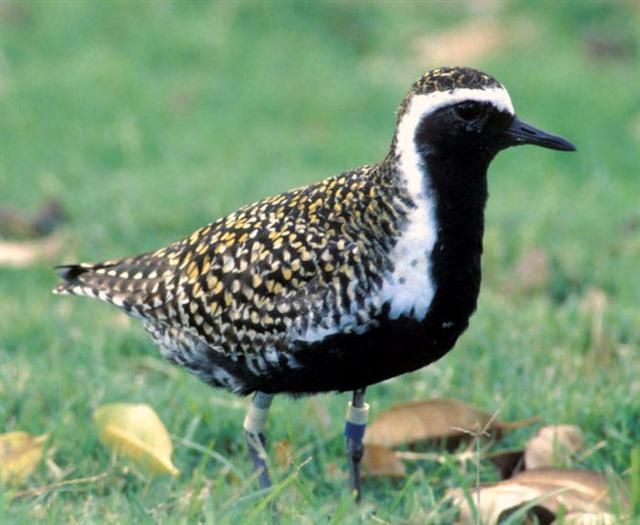 |
|
E:82 → 2 * 41 |
| he hakauru ki roto
ki te taheta.he
ngatu i te |
and was
laid into a basin (taheta).
The assistant who acted
as a midwife (?) pressed out (of the body) the mucus
(kovare, in this case amniotic membrances) [he
ngatu i te kovare] and the coagulated blood (hatu
kai), until the coagulated blood (i.e., the
afterbirth) was all pressed out [ki haho.he pae
tahi te hatu kai]. |
|
kovare.i te
hatu kai.ki haho.he pae
tahi te |
| hatu kai.ki haho.he
mau iri (h)e oho.i te |
|
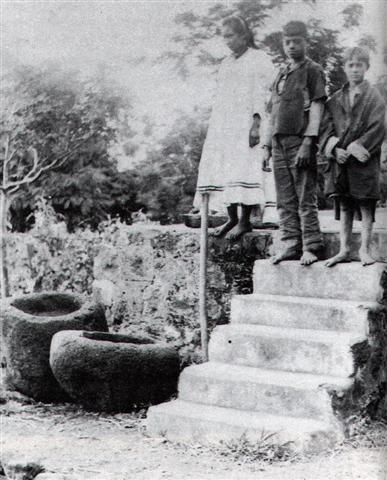
Gatu. Gaatu, totora reed. Gatu: 1.
To press, to tighten, to squeeze. 2. To pack tight.
3. To pull suddenly, to give a jerk. I ka
hakarogo atu, ku eke á te kahi, he gatu mai, as
soon as he felt the tuna be, he pulled in [the line]
with a sharp jerk. 4. To kick. 5. E gatu te hagu,
to wait for something impatiently (gatu,
breath). 6. Shortly, very soon. He tu'u gatu,
he is coming shortly, he is just about to arrive.
Vanaga. Bulrush, reed. Gaatu (gatu) 1.
To feel of, to pinch, to throttle with the hands, to
touch, to press (gaatu); gatuga,
pressure; gatugatu, to trample down. T Mgv.:
natu, to press out linen, to squeeze a person
or a sore place. Mq.: natu, to pinch. Ta.:
natu, to pinch, to bruise. 2. To suppurate. 3.
Gatu mai gatu atu, sodomy. Gatua (gatu
1), tractable, to press. Churchill. Scirpus
riparius var. paschalis. Barthel 2.
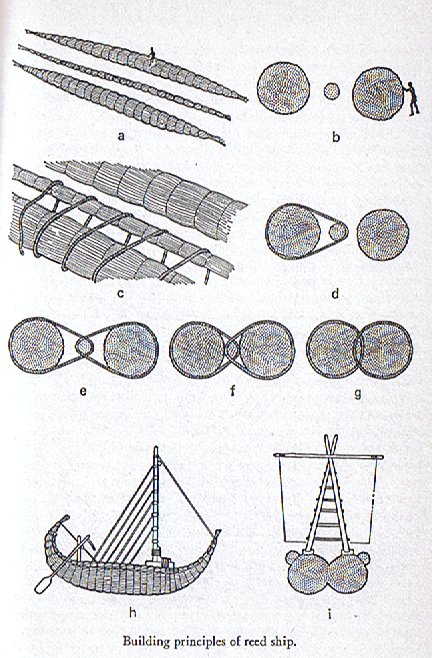
Kovare. Mucous plug; he-poreko te
kovare, the mucous plug comes out (before the
birth). Vanaga.
Hatu. 1. Clod of earth; cultivated land;
arable land (oone hatu). 2. Compact mass of
other substances: hatu matá, piece of
obsidian. 3. Figuratively: manava hatu, said
of persons who, in adversity, stay composed and in
control of their behaviour and feelings. 4. To
advise, to command. He hatu i te vanaga rivariva
ki te kio o poki ki ruga ki te opata, they gave
the refugees the good advice not to climb the
precipice; he hatu i te vanaga rakerake, to
give bad advice. 5. To collude, to unite for a
purpose, to concur. Mo hatu o te tia o te nua,
to agree on the price of a nua cape. 6.
Result, favourable outcome of an enterprise. He
ká i te umu mo te hatu o te aga, to light the
earth oven for the successful outcome of an
enterprise. Vanaga. 1. Haatu, hahatu,
mahatu. To fold, to double, to plait, to
braid; noho hatu, to sit crosslegged; hoe
hatu, clasp knife; hatuhatu, to deform.
2. To recommend. Churchill. In the Polynesian
dialects proper, we find Patu and
Patu-patu, 'stone', in New Zealand; Fatu
in Tahiti and Marquesas signifying 'Lord', 'Master',
also 'Stone'; Haku in the Hawaiian means
'Lord', 'Master', while with the intensitive prefix
Po it becomes Pohaku, 'a stone'.
Fornander. |
| ariki tamahahine. i
te ariki.poki tokoa. |
They picked up the
queen and the royal child [he mau iri (h)e oho.i
te ariki tamahahine. i te ariki.poki tokoa] and
climbed up and moved on. They reached [he tuu ki]
Oromanga (corrected for 'Oro Ngatu') and left the
royal personages there [he hakarere i te ariki]. |
| he tuu ki
ōro. (crossed out:
ma) ngatu
he hakarere i te ariki. |
ōro. ma
ngatu could be read as O-oro(ma)nga-tu,
i.e.Oo-ronga-tu.
... Then Hotu cut the bindings of those two
canoes. His ship went along the south and his
relation Tu'u ko iho went to the north, they
both went round the land.
When the king's ship came again and passed the
headland Vai mahaki, Hotu matua saw
the navigator's ship at Veronga. Tu'u ko
iho was going to land at Anakena, to be
the first chief to stand on this land ... (Barthel
2)
Tu. To crush
into puree, like women of old did, crushing sweet
potatoes and mixing them with cooked egg to give the
children. Vanaga. To mix, to confound. Churchill. |
| he too.mai te
tangata i toraua raakau.ki u(-) |
The men
took [he too.mai te
tangata] their provisions on land [ki
uta],
all their food supplies [te
kai], down to the smallest items (?
ka-paepae-tahi-ro-mai) and also the prisoners. |
| ta.i te
kai.anakeanake.aā ka paepae ta(-) |
| hi ro mai ki uta.te
tangata.kōpu. tokoa. |
| he tomo tokoa te
vaka.o te ariki tamaha(-) |
The canoe
of the queen also landed [he
tomo tokoa]. It landed on the left side
in the direction of Te Tahua and remained there and
stayed.
The place where the coagulated blood (i.e., the
afterbirth) of Vakai had been pressed out was called
'Hiro [sic!] Moko'. |
| hine. a te rara
maui.a runga i te tahua. |
| ki noho.ki
hinihini
i nape ai i te ingoa.o te |
| kona.ngatu era i te
hatu kai.o Vakai.ko hira(-) |
|
moko.te ingoa. |
| Keke.
To go down after reached its zenith (of the
sun): he-keke te raá. Kekeé, to be
lying on the ground, partly above it, to stick out:
ma'ea ke'e ke'e, stones sticking out of the
ground. Kékekéke, to rustle, to creak:
ku-kekekeke-áte hare i te to kerau, the house
creaked in the wind. Kekepu, animal mentioned
in ancient traditions, the flesh of which was eaten
in Hiva (also kepukepu). Kekeri,
to feel an indisposition of the stomach or the
bowels: he-kekeri te manava. Kekeú,
shoulder (according to others, shoulder-blade); used
also for 'arm'. Vanaga. Keke (ke),
other, distinct, special; hikohiko keke,
hide-and-seek; kekee (ke), irregular,
uneven, rough; ke avai, a superlative
expression; hinihini ke avai, ancient; ika
ke avai, abuse; kori ke avai, abuse;
maori ke avai, skilful, handy; pipiro ke avai,
disgusting odor; tupu ke avai, of swift
growth; ua ke avai, a shower of rain.
Keekee; niho keekee, long protruding
teeth. Churchill. Pau.: keke, armpit. Mgv.:
keke, id. Ta.: ee, id. Mq.: kaáke,
id. Ma.: keke, id. Churchill. Mgv.: keke,
to praise, to felicitate. Sa.: 'e'e, to pay
respect to. Ha.: ee, caressing, kind.
Kekei, sharp, harsh, of the voice. To.: keke,
to bleat. Ha.: eeina, to creak, to grate.
Churchill.
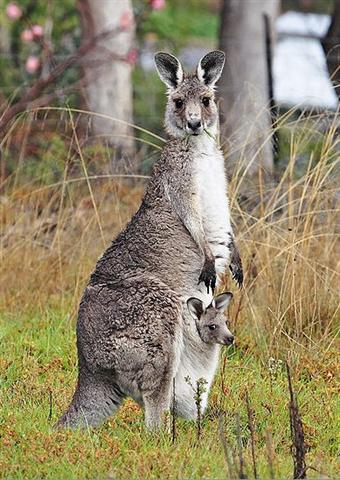
Hira. To turn the eyes away, to leer.
Hakahira; mata hakahira, squint-eyed. P
Mq.: hiri, crosseyed. Ta.: hira,
bashfulness; hihira, to look askance. To.:
hila, to look askant. Churchill. Mgv..: hira,
frank and hardy. Ta.: hirahira, bashful
(sense-invert). Ma.: hihira, shy. Churchill. |
| he oho.mai te maori
o te pito hahau.ko Vaka. |
Vaka, the master in charge of tying the umbilical
cord [te maori o te pito hahau], came [he
oho mai] to tie the umbilical cord of Tuu Maheke
[ki te pito hahau.o Tuu maheke]. |
| ki te pito hahau.o
Tuu maheke.i oho(-) |
| hanga mai ana.a
Vaka.i hakahiti i oho ro mai |
On his way (? ohohanga), Vaka had performed a
ceremony (hakahiti) |
| Hiti.
1. To show itself again, to reappear (of the new
moon, of a constellation - meaning uncertain). 2.
Said of thin, tough-fleshed fish of indifferent
taste: ika hiti. 3. Said of fish when they
come to the stones of the shore for insects among
the seaweed: he hiti te ika. 4. To reproach
someone for his ingratitude. Vanaga. 1. To rise, to
appear, to dawn; hitihaga, rising;
hitihaga roa, sunrise; hitihiti, to dawn;
horau hitihiti, break of day; hakahiti ki
te eeve, to show the buttocks. 2. Puffed;
gutu hiti, thick lips. Churchill.
 |
|
SEPT
20 (*183) |
21 |
EQUINOX |
23
(266) |
24 |
25 |
 |
 |
 |
 |
 |
 |
|
Ga7-14 |
Ga7-15 |
Ga7-16 |
Ga7-17 (186) |
Ga7-18 (103 + 84) |
Ga7-19 |
|
Heart-5 (Fox)
σ
Scorpii
(247.0),
HEJIAN =
γ
Herculis
(247.2),
ψ
Ophiuchi (247.7) |
ρ
Ophiuchi (248.1),
KAJAM
(Club) =
ω
Herculis
(248.3),
χ
Ophiuchi (248.5),
SHE LOW (Market Tower) =
υ
Ophiuchi,
Tr.
Austr. (248.7), ζ Tr. Austr. (248.8) |
Al Kalb-16 (The Heart) /
Jyeshtha-18 (Eldest) /
ANA-MUA-1 (Entrance pillar)
ANTARES
= α Scorpii
(249.1),
MARFIK (Elbow) = λ Ophiuchi,
φ Ophiuchi (249.5), ω Ophiuchi (249.8) |
γ Apodis (250.1), σ Herculis (250.3), θ Tr.
Austr. (250.6), τ Scorpii (250.7) |
HAN = ζ Ophiuchi
(251.0) |
ζ
Herculis,
η
Tr. Austr.
(252.1), η Herculis, β Apodis (252.5) |
|
Nov
23 (327) |
24 |
25 |
26
(*250) |
27 |
28 |
|
°Nov
19 |
20
(324) |
21 |
22
(*246) |
23 |
24 |
|
'Oct
27 (300) |
28 |
29
(*222) |
30 |
31 |
'Nov
1 |
|
"Oct
13 |
14 |
Tagaroa Uri
15 |
16 |
17
(290) |
18 |
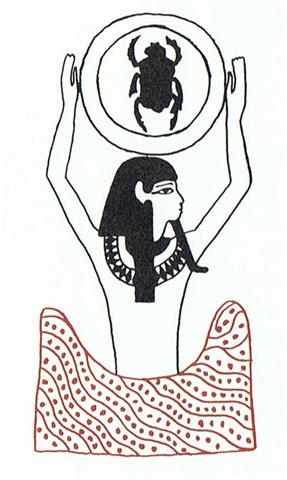 |









